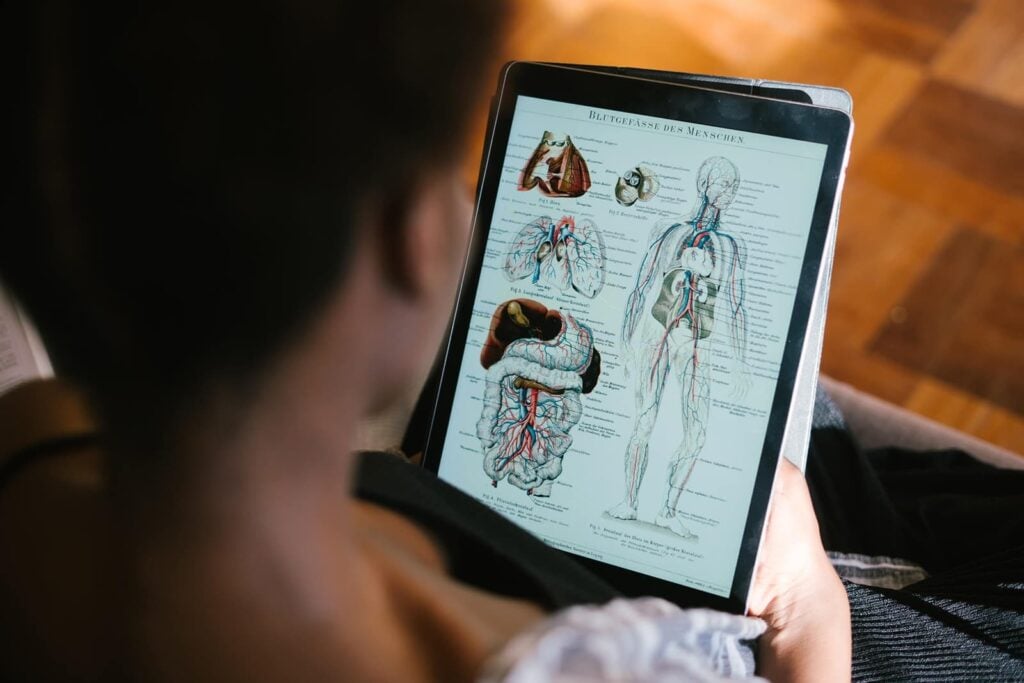This article outlines key strategies for counselors to integrate mental health support into their guidance, enhancing both university readiness and career exploration.
Discover how counselors can seamlessly integrate mental health support into university preparation and career planning, empowering students for success. Learn to recognize subtle signs of distress and take immediate steps to provide assistance, while also building a robust resource network and prioritizing continuous professional development. This holistic approach ensures students’ well-being and readiness for the challenges ahead.
In the high-stakes world of university preparation and career planning, counselors serve as crucial pillars of support for students navigating the complex transition to higher education and professional life. Beyond academic guidance, these professionals play a vital role in safeguarding students’ mental health—a factor increasingly recognized as fundamental to both academic success and career readiness. This comprehensive guide outlines evidence-based strategies for counselors to seamlessly integrate mental health support into their guidance practices, enhancing both university readiness and career exploration.
Recognizing the signs
Before diving into strategies, it’s crucial to understand the current mental health landscape in higher education. The statistics paint a sobering picture: according to the American College Health Association (2019), a staggering 87% of college students felt overwhelmed by their responsibilities in the past year, while 66% reported overwhelming anxiety. The National Alliance on Mental Illness reports that 75% of lifetime mental health conditions begin by age 24, underlining the critical nature of the college years for mental health intervention. Furthermore, a study by the World Health Organization found that 35% of first-year college students struggle with a mental health disorder. These figures highlight the pressing need for mental health support in the transition to university life and beyond.
The cornerstone of effective mental health first aid is the ability to recognize the often subtle signs of distress. Students may exhibit changes in behavior, mood, and performance, which can all be indicators of underlying issues.
As a counselor, you might notice a typically outgoing student suddenly declining invitations or avoiding group projects—a clear sign of social withdrawal. Or perhaps a consistent A-student is suddenly struggling to complete assignments or showing up unprepared, indicating a drop in academic performance that can’t be explained by other factors. Changes in eating and sleeping habits, such as noticeable weight changes or reports of insomnia, can also be red flags.
Listen carefully for expressions of hopelessness or overwhelming stress. Statements like “What’s the point of trying?” or “I can’t handle this anymore” should never be ignored. Uncharacteristic emotional responses, such as frequent outbursts or crying spells from a usually calm student, can also signal distress.
Physical symptoms with no clear medical cause, such as frequent headaches or unexplained aches and pains, may be manifestations of mental health issues. Difficulty concentrating or making decisions, like being unable to choose a major or constantly changing career plans due to indecisiveness, can also be indicators.
Perhaps most critically, any talk of self-harm or suicidal thoughts, even if presented as jokes about death or casual mentions of researching harmful behaviors online, should be taken seriously and addressed immediately. Remember, the presence of one or more of these signs doesn’t necessarily indicate a mental health crisis, but it should prompt further assessment and support
Immediate Steps to Assist: The ALGEE Framework
When you recognize signs of distress, it’s crucial to act promptly and effectively. The ALGEE framework, developed by Mental Health First Aid, provides a structured approach that can guide your response.
First, approach, assess, and assist with any crisis. Create a safe space where the student feels comfortable discussing personal and academic concerns. Approach with empathy, using a non-judgmental tone and open body language. Assess for any immediate risk of self-harm or suicide.
Next, listen non-judgmentally. Practice active listening by giving your full attention, maintaining eye contact, and using verbal and non-verbal cues to show engagement. Avoid interrupting; let the student express themselves fully before responding. Validate their feelings with phrases like “That sounds really difficult” or “I can understand why you’d feel that way.”
After listening, give support and information. Offer reassurance that help is available and that what they’re experiencing is not uncommon. Share information about on-campus counseling services, support groups, or mental health apps. Discuss coping strategies like mindfulness, deep breathing, or journaling.
The next step is to encourage appropriate professional help. Explain the benefits of how professional help can provide specialized support and strategies. Address any stigma by normalizing seeking help, perhaps by sharing statistics or success stories. Offer to help set up an appointment or even accompany them to the counseling center if needed.
Finally, encourage other supports. Help the student identify their support network, including friends, family, or mentors who can offer support. Promote self-care by discussing the importance of sleep, exercise, and healthy eating. Consider suggesting peer support groups or connecting them with student-led mental health organizations.
Building a Comprehensive Resource Network
A robust network of resources is crucial for effective mental health first aid. This network should encompass a range of support options, both on and off campus. On-campus resources might include the counseling center, student health services, disability support services, academic advisors, and residential life staff. In the community, familiarize yourself with local mental health clinics, support groups like NAMI chapters, and crisis hotlines.
Don’t overlook online resources, which can be particularly appealing to tech-savvy students. These might include telemedicine platforms, mental health apps like Headspace or Calm, and educational websites such as Mental Health America. Lastly, cultivate professional contacts with psychologists, psychiatrists, social workers, and occupational therapists.
Maintain an up-to-date directory of these resources, including contact information, services offered, and any referral procedures. This comprehensive network ensures that you can quickly connect students with the most appropriate support for their specific needs.
Integrating Mental Health Support into Career and Academic Counseling
Mental health support should be woven into the fabric of career and academic counseling, not treated as a separate entity. When discussing career options or academic paths, include questions about stress levels, work-life balance preferences, and personal values. This holistic approach helps students understand how their choices might impact their overall well-being.
Incorporate discussions about time management and study skills as part of mental health maintenance when creating academic plans. Help students understand how different career paths might impact their mental well-being and how to prepare for potential challenges. Teach strategies for bouncing back from academic setbacks or job application rejections to build resilience.
Consider introducing mindfulness techniques to help students make clearer, less anxiety-driven decisions about their future. Discuss the importance of maintaining mental health in future careers, including recognizing signs of burnout and strategies for work-life balance.
Conclusion
By integrating comprehensive mental health support into career and academic counseling, you’re not just preparing students for university or their future careers—you’re equipping them with vital skills for lifelong well-being and success. Your role as a counselor extends beyond academic guidance; you’re a crucial lifeline in the mental health support system, capable of making a profound difference in students’ lives.
As you implement these strategies, remain compassionate, stay informed, and never underestimate the power of your support. Your efforts contribute to a healthier, more resilient generation of students ready to face the challenges of higher education and beyond. Remember, in the realm of mental health first aid, your empathy, knowledge, and timely intervention can be the beacon that guides students through their darkest moments towards a brighter, more balanced future.


